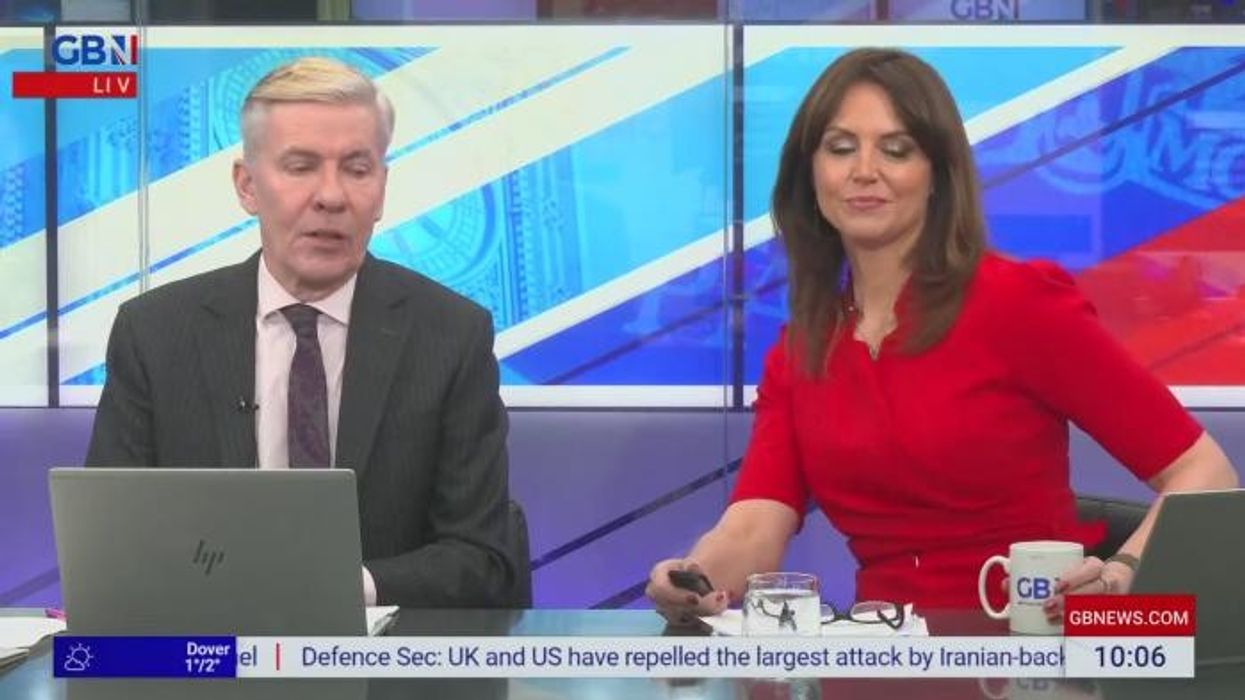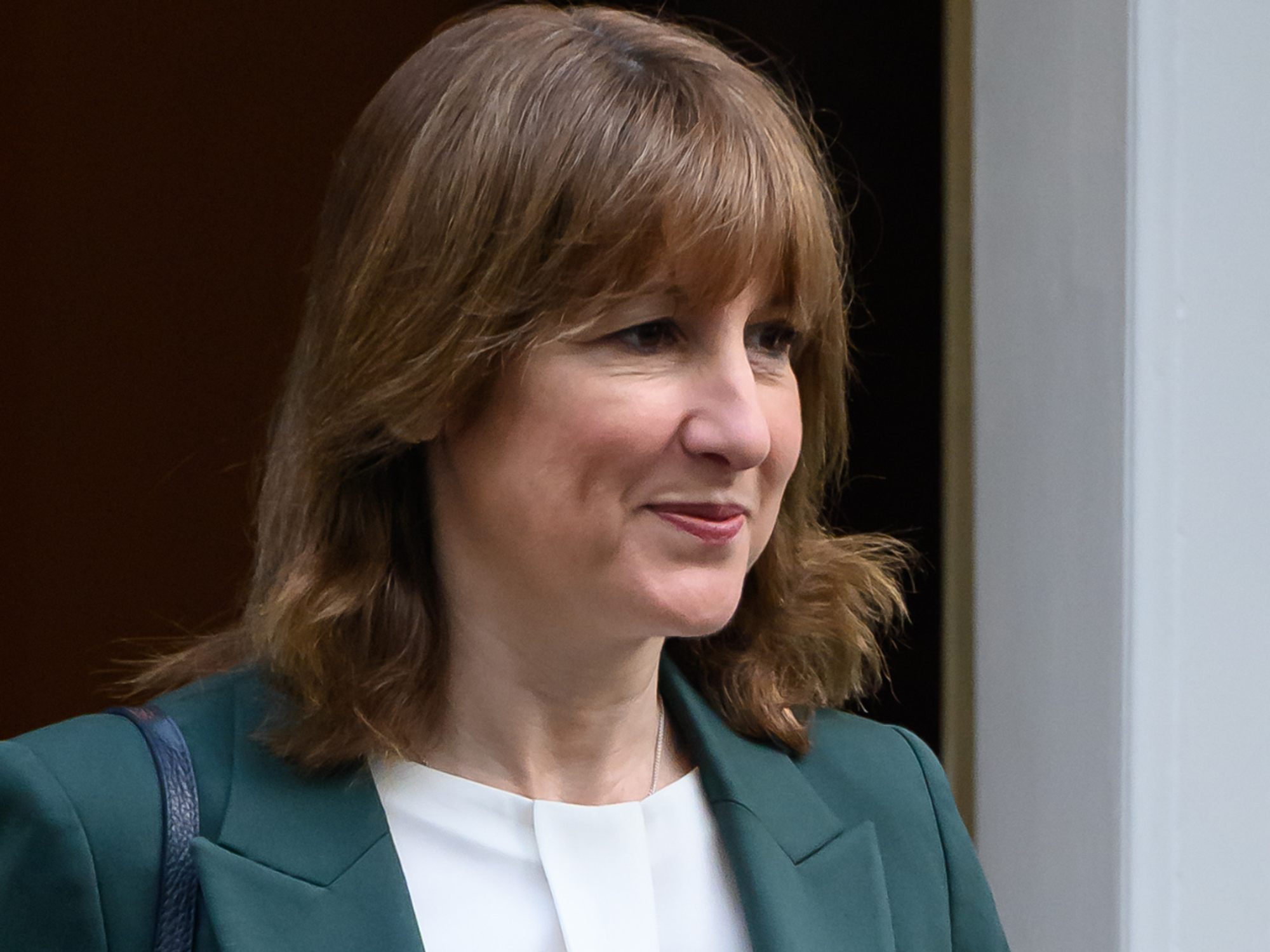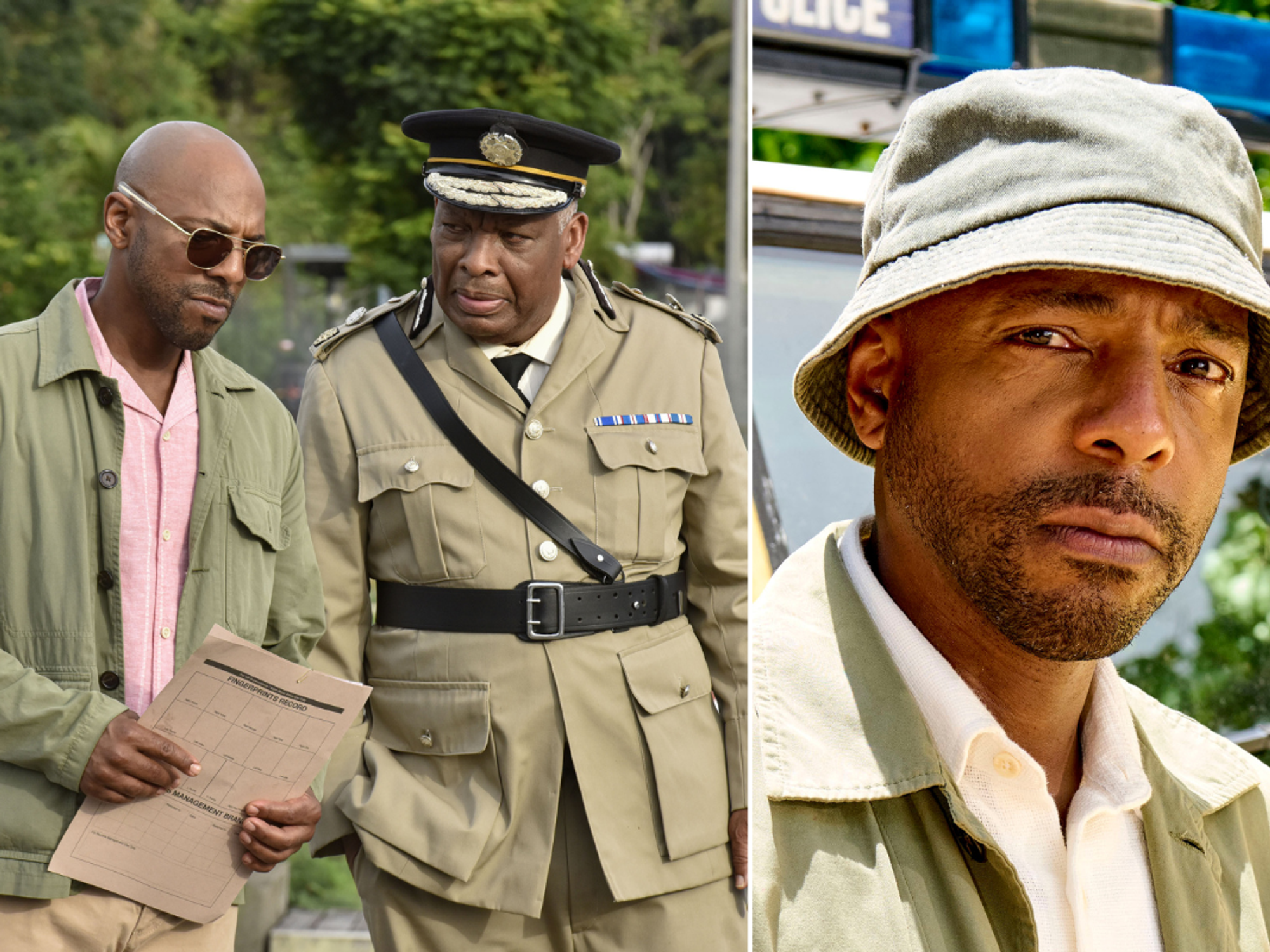Elderly drivers with medical conditions may be required to make 'adaptations' to their car

'You should be able to continue driving if your condition doesn't affect your ability to drive safely'
Don't Miss
Most Read
Experts are encouraging older motorists to ensure they inform the DVLA of any medical conditions which could affect their driving or they could face consequences.
Data from the Driver and Vehicle Licensing Agency (DVLA) shows that there are almost six million full licence holders over the age of 70.
Of these, 510 are over the age of 100, with road safety experts continually reminding Britons of the need to ensure they are safe behind the wheel if they are to continue driving.
People must tell the DVLA if they have a driving licence and they develop a "notifiable" medical condition or disability, or if their condition has worsened since they got their licence.
Do you have a story you'd like to share? Get in touch by emailing motoring@gbnews.uk
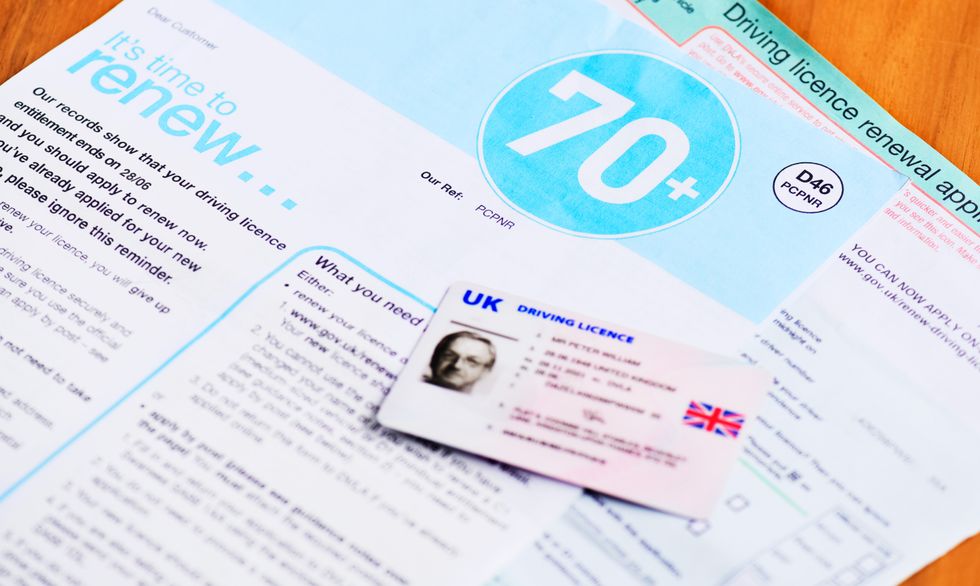 Elderly motorists are required to inform the DVLA about medical conditions when they renew their licence | GETTY
Elderly motorists are required to inform the DVLA about medical conditions when they renew their licence | GETTYCommon conditions that could impact driving ability include diabetes, heart conditions, sleep apnoea, epilepsy, strokes or glaucoma.
Motorists must tell the DVLA of these conditions or they could be slapped with a fine worth up to £1,000.
If their medical condition or disability leads to an accident and they have not alerted the DVLA, they could also be prosecuted.
Age UK, the leading charity helping elderly people, encourages motorists to inform the DVLA about their medical conditions, highlighting that drivers will not automatically lose their licence.
The Age UK website states: "You should be able to continue driving if your condition doesn't affect your ability to drive safely. It might just be that you need to make some adjustments or adaptations to your car."
The DVLA could ask motorists of all ages with a declared medical condition to ask for an examination with their GP, consultant or local doctor.
It could also make a decision about whether they can continue to drive based on the information they provide.
Depending on the medical condition, drivers could have their licence revoked temporarily, rather than permanently.
Older Britons could also be asked to take a driving assessment, driving appraisal or an eyesight test to determine how safe they are behind the wheel.
The DVLA can issue drivers with a licence that says the vehicle must be fitted with certain adaptations, including special controls, as well as issuing a shorter licence, lasting one, two, three or five years.
If this occurs, drivers can get an independent assessment of their adaptation needs through Driving Mobility, with special controls being fitted with guidance from the Research Institute for Disabled Consumers.
Some must stop driving if they receive a letter from the DVLA informing them of the reason for the decision and be told if they can reapply in the future.
LATEST DEVELOPMENTS:
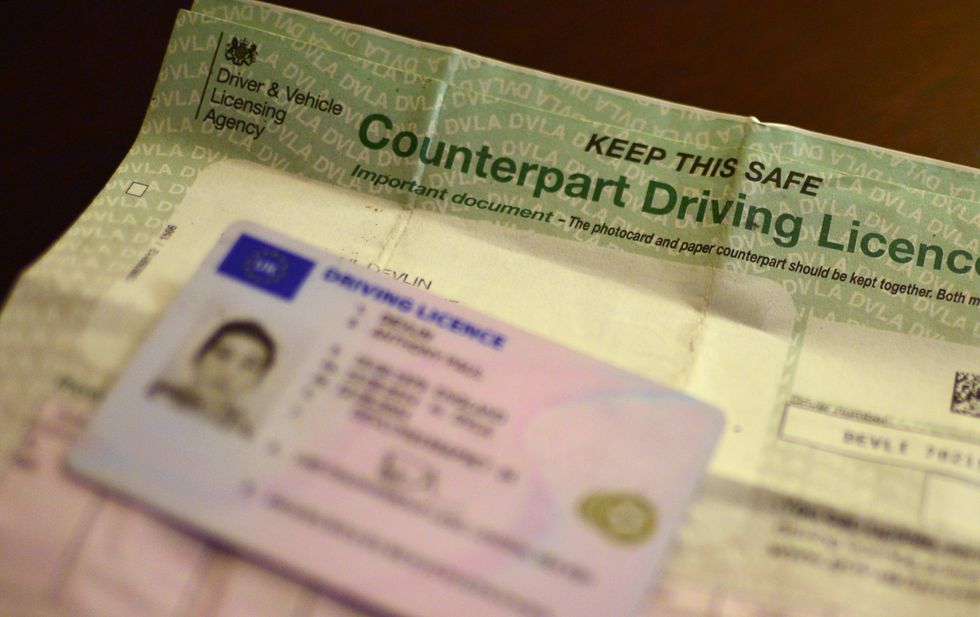
The DVLA could decide to revoke someone's driving licence based on their medical condition
| PAIn this case, drivers can send the DVLA more medical evidence, reapply for their driving licence or appeal the decision.


